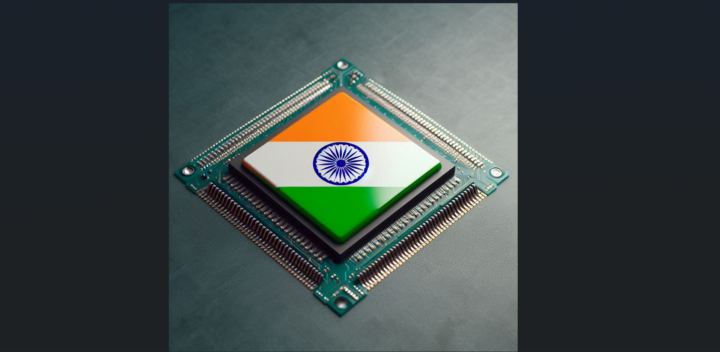Cab-hailing giant Uber and homegrown Ola have been in the news for a merger. SoftBank, which has stakes in both the companies, is said to be mediating the potential deal. However, The Competition Commission of India (CCI) doesn’t seem to be comfortable with the possibility of a merger citing a compromise in cab-hailing competition.
The CCI intends to supervise the safeguards that will be in place to prevent the same. On June 20, the Commission responded to Meru Cabs’ filing demanding an intervention into the merger between Ola and Uber, alleging the presence of deep discounting, driver incentives, and market cartelization.
While CCI declined most of Meru’s allegations, the Factordaily quoted its response, “The Commission will monitor whether safeguards/Chinese walls (are) put in place, and/or envisaged further by them, to ensure that competition is not compromised by the common investments.”
Upset Ola and Uber Drivers to Strike Indefinitely
“Needless to mention, the Commission shall not hesitate to take action, suo-motu or otherwise, if concern arising out of horizontal shareholdings prima facie seem to exist at any point of time in future wherein the OPs are found to be competing less vigorously consequent to any interference by the common investors in the management decisions,” CCI added. Here, OPs stands for opposing parties, in this case, Ola and Uber.
The CCI will also monitor in case Ola, Uber, or their investors violate any regulations.
CCI’s concern is bad news for Japanese investor SoftBank, which has been rooting for the merger to recover its losses. Ola’s FY 2016-17 losses have amounted to INR 4,897.8 crore. While Uber’s numbers have not been revealed, it too has registered losses.
Competition between Ola and Uber have been dragging many cab companies such as Meru Cabs, Easy Cabs, Mega Cabs, and others into slashing prices, of which they have complained many times. Many cab companies have had to shut shop for the same reason.
The news of a possible merger started when Grab bought Uber’s business for a 27.5% stake in the merged entity. Japanese conglomerate SoftBank has a 15% stake in Uber, investing approximately USD 8 billion this January. SoftBank’s ownership of Ola stands at 33%. SoftBank has brought about the two cab-hailing companies, Ola and Uber, in South-east Asia.
Together, Ola and Uber hold 95% of the Indian cab-hailing market. Ola has been ahead of its San Francisco-based counterpart, covering 110 cities, in comparison to Uber’s 31 cities. Ola’s market share has also increased from 53% in July 2017 to 56.2% in December, according to market intelligence firm KalaGato. However, Uber’s market share, in the same time period, has come down from 42% to 39.6%.
Ola raises $1.1 billion to raise the pitch of Uber fight
According to experts, both Ola and Uber can appeal the CCI’s decision in front of the National Company Law Appellate Tribunal (NCLAT) and courts. The CCI is set up to eliminate practices with adverse effects on competition, promote and sustain competition, protect consumer interests, and ensure freedom of trade in Indian markets. The Commission is also required to give opinion on competition issues on a reference received from a statutory authority established under any law and to undertake competition advocacy, create public awareness, and impart training on competition issues.
The CCI’s presence has been cited as one of the reasons that online retail company Flipkart chose to sell to Walmart instead of Amazon. The CCI’s concerns are similar to concerns flagged by the Competition Commission of Singapore (CCS) in March this year in the Southeast Asian ride-haling sector. The CCS had started an investigation into the Uber-Grab merger, citing that the merger could create a monopoly in the region. The competition watchdog has asked Uber and Grab to maintain their pre-transaction independent pricing.
“The merger if it happens will likely need approval of the CCI. The CCI will, as in all such cases, have to examine the relevant markets and the combined market shares therein of the merging parties and other factors in order to decide if the merger can go ahead or not or can proceed with any modification”, Business Standard quoted Vinod Dhall, an expert on competition policy, and former head of the CCI.












